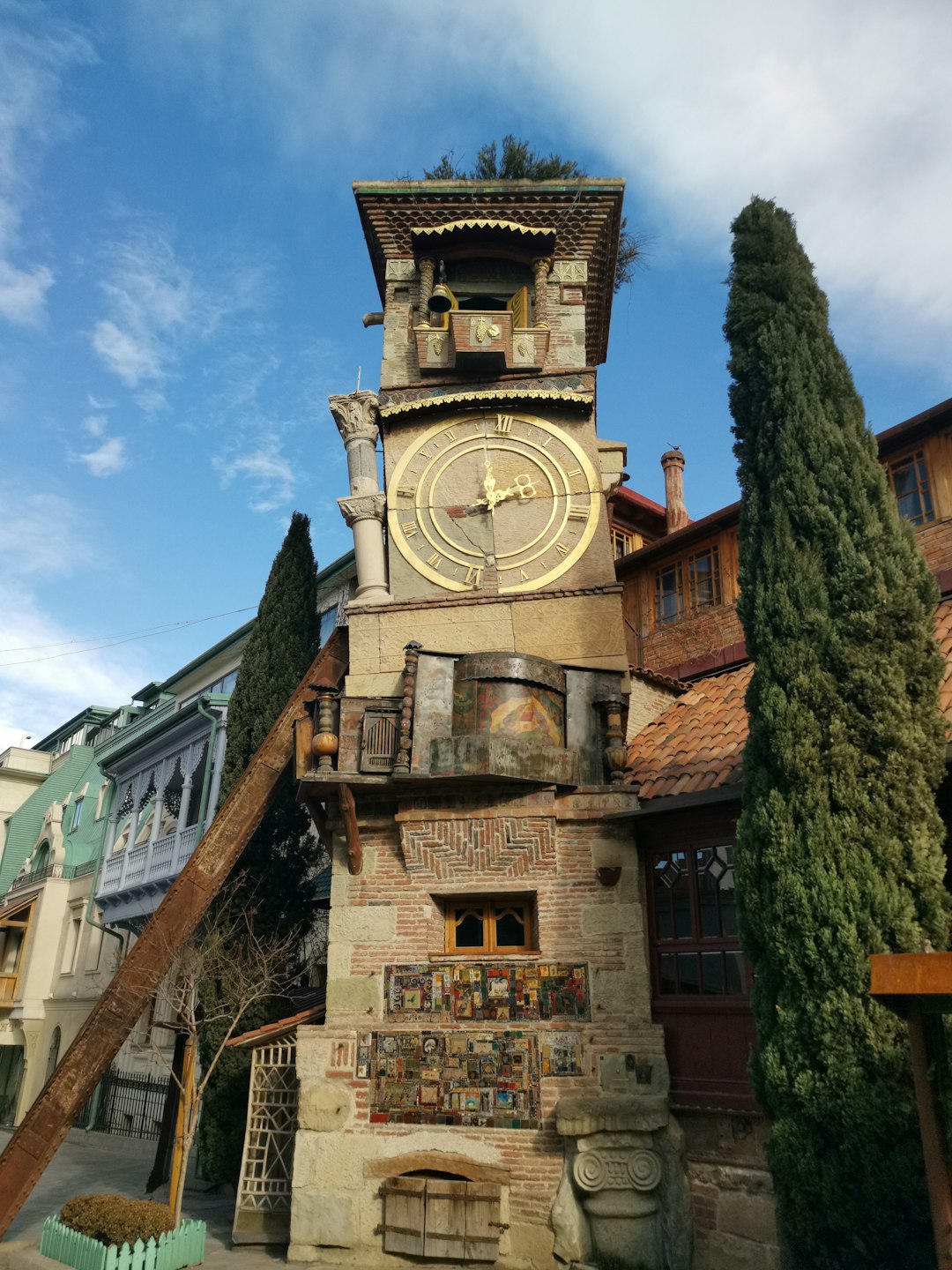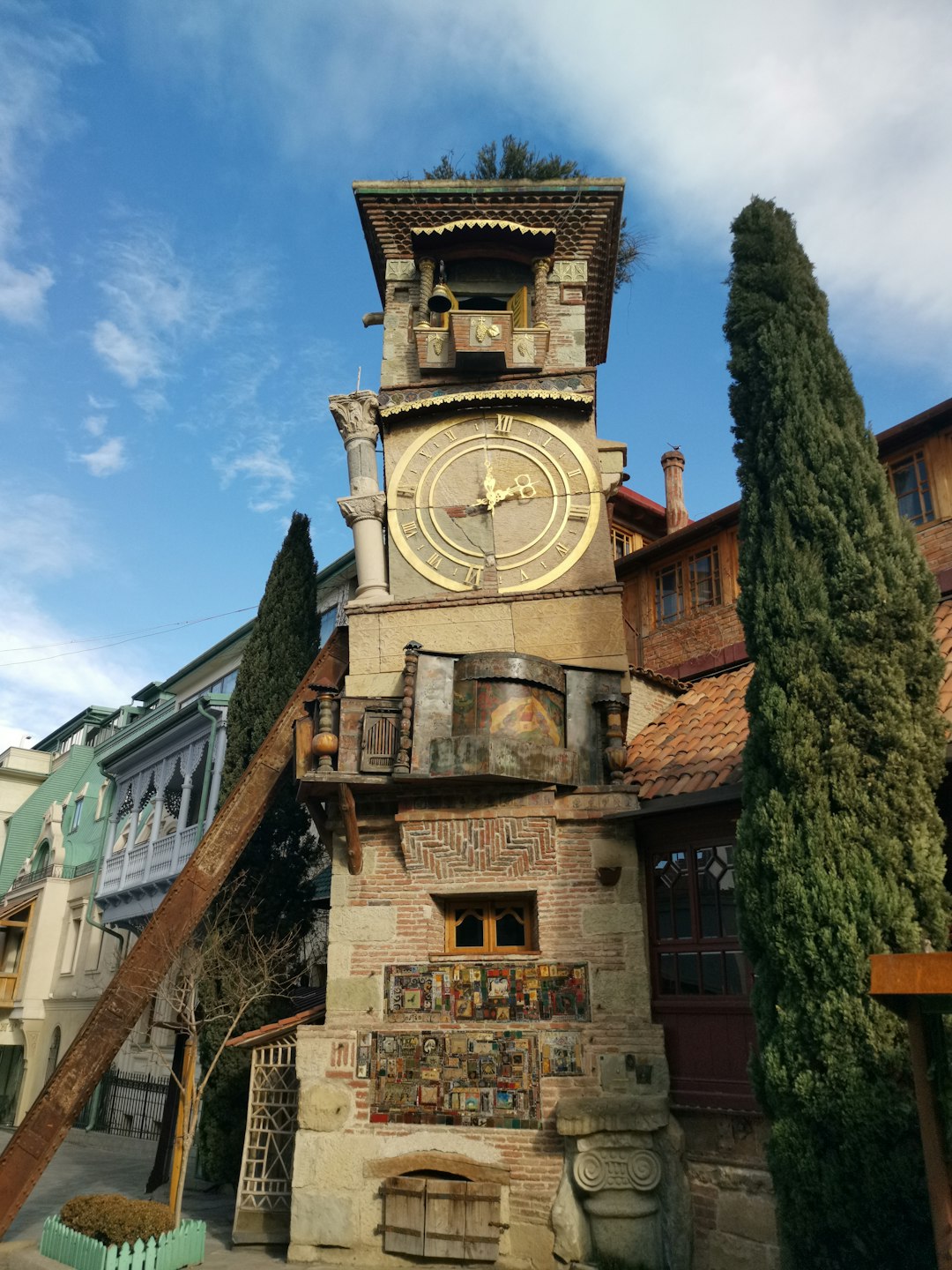Georgia's sexual abuse laws are under fire for failing to protect victims and administer justice, especially in cases involving minors. Complex statutes of limitations and unclear consent guidelines hinder reporting and accountability. Proposed reforms aim to extend statutes, broaden consent definitions, and mandate professional reporting, with local sexual abuse law firms advocating for these changes to enhance protections and support survivors, promising a safer, more just Georgia.
“Georgia’s sexual abuse laws are under scrutiny as advocates push for significant reforms. This article delves into the current landscape, focusing on proposed changes in Quitman. With the support of leading sexual abuse law firms in Georgia, key updates aim to strengthen protections and bring justice to survivors. We explore how these reforms could impact the Quitman community, setting a new standard for prevention and accountability across the state.”
Current State of Sexual Abuse Laws in Georgia

Georgia’s current sexual abuse laws face significant scrutiny, particularly when it comes to protecting victims and ensuring justice. The state’s legal framework has been described as complex and often confusing, leaving room for improvement. Many advocates argue that the current system can be overly favorable to the accused, especially in cases involving minors. Key issues include stringent statutes of limitations, which can prevent older victims from coming forward, and a lack of clear guidelines on consent, leading to misinterpretations and false accusations.
These complexities have prompted calls for reform, with a particular focus on enhancing protections for children and young adults. Sexual abuse law firms in Georgia play a crucial role in navigating these laws, supporting victims, and holding perpetrators accountable. By advocating for clearer legislation, these legal professionals aim to create a more just and accessible system, ensuring that survivors can seek the justice and healing they deserve.
Proposed Reforms: Key Changes and Updates

In response to growing concerns about sexual violence, there have been significant proposed reforms to Georgia’s sexual abuse laws, with a particular focus on enhancing protections in Quitman and similar communities. These reforms aim to address critical gaps in the current legal framework, emphasizing the need for more robust procedures to hold perpetrators accountable and support survivors. Key changes include extending statute of limitations, broadening definitions of consent, and establishing mandatory reporting requirements for certain professionals.
Sexual abuse law firms in Georgia have been instrumental in advocating for these updates, working closely with legislators to ensure that the proposed reforms are comprehensive and effective. By strengthening legal avenues for justice and healing, these changes promise to create a safer environment for all Georgians, especially vulnerable populations like children and adults in isolated communities.
Impact on Quitman Community and Beyond

The proposed reforms to Georgia’s sexual abuse laws, with a specific focus on Quitman, have the potential to significantly impact both the local community and the state as a whole. For too long, survivors of sexual abuse in Quitman have faced challenges in seeking justice due to loopholes and outdated legislation. These reforms aim to empower victims by providing clearer guidelines and stronger legal protections. By implementing these changes, Georgia could set an example for other states, demonstrating a commitment to holding perpetrators accountable and creating a safer environment for all residents, especially vulnerable groups within the community.
Local sexual abuse law firms in Quitman will play a pivotal role in assisting survivors during this transition. They can offer invaluable support, guidance, and representation to those who have experienced trauma, ensuring their voices are heard in legal proceedings. This could lead to increased reporting of sexual crimes and better outcomes for victims, fostering a culture of healing and justice in the community and beyond.





